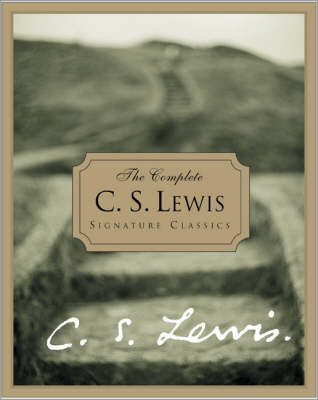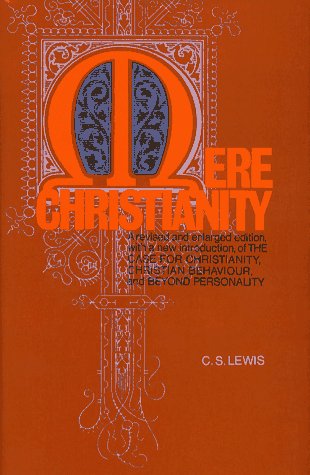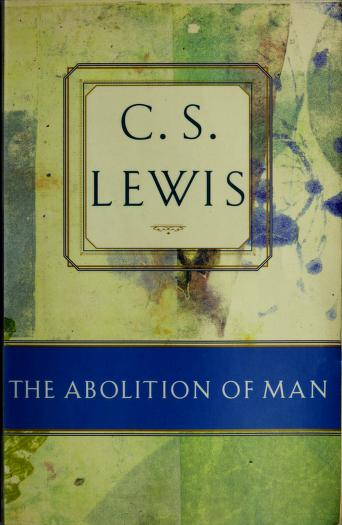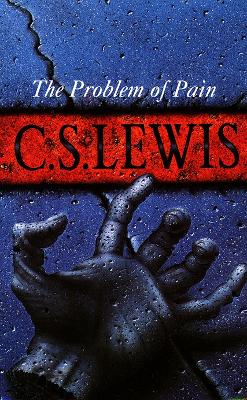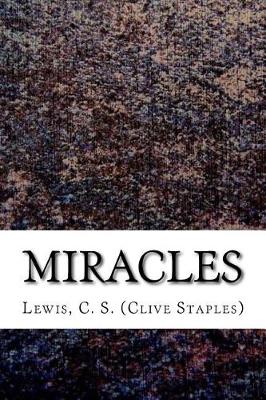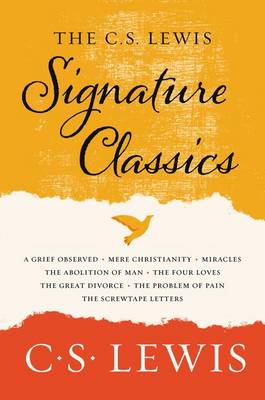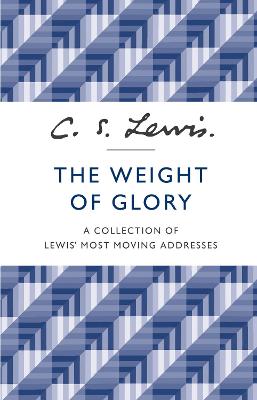Collected Letters of C.S. Lewis
10 primary works
Book 1
Book 3
Book 4
Book 8
On its first appearance, The Screwtape Letters was immediately recognized as a milestone in the history of popular theology and has since sold more than a quarter of a million editions. Now 60 years old, it is stunningly repackaged to launch the Signature Classics range.
A masterpiece of satire, this classic has entertained and enlightened readers the world overwith its sly and ironic portrayal of human life and foibles from the vantage point of Screwtape, a highly placed assistant to `Our Father Below'. At once wildly comic, deadly serious and strikingly original, C.S. Lewis gives us the correspondence of the worldly wise old devil to his nephew Wormwood, a novice demon in charge of securing the damnation of an ordinary young man.
Dedicated to Lewis's friend and colleague J.R.R. Tolkien, The Screwtape Letters is the most engaging account of temptation - and triumph over it - ever written.
Book 9
Book 10
Book 11
Book 12
As part of the repackaged and rebranded C.S. Lewis Signature Classic range, this title in which Lewis answers the question, `Do miracles really happen?' will have obvious appeal to the growing spirituality market.
`The central miracle asserted by Christians is the Incarnation. They say that God became Man. Every other miracle prepares the way for this, or results from this.'
This is the key statement of Miracles, in which C. S. Lewis shows that a Christian must not only accept but rejoice in miracles as a testimony of the unique personal involvement of God in his creation.
Using his characteristic lucidity and wit to develop his argument, Lewis challenges the rationalists and cynics who are mired in their lack of imagination and provides a poetic and joyous affirmation that miracles really fo occur in our everyday lives.
Book 13
Book 15
Selected from sermons delivered by C. S. Lewis during World War II, these nine addresses show the beloved author and theologian bringing hope and courage in a time of great doubt.
Addressing some of the most difficult issues we face in our day-to-day lives, C.S. Lewis's ardent and timeless words provide an unparalleled path to greater spiritual understanding.
Considered by many to be Lewis's finest sermon of all, and his most moving address, 'The Weight of Glory' extols a compassionate vision of Christianity an dincludes lucid and compelling discussions on faith.
Also included in this volume are "Transposition," "On Forgiveness," "Why I Am Not a Pacifist," and "Learning in War-Time".
